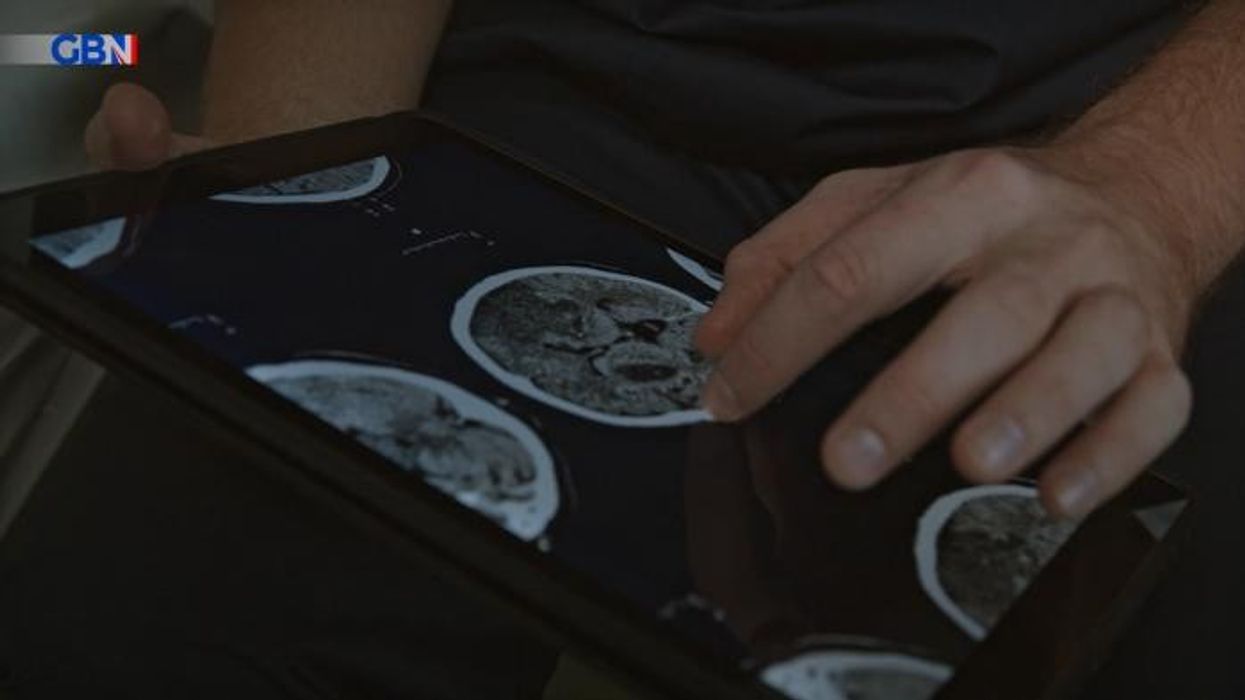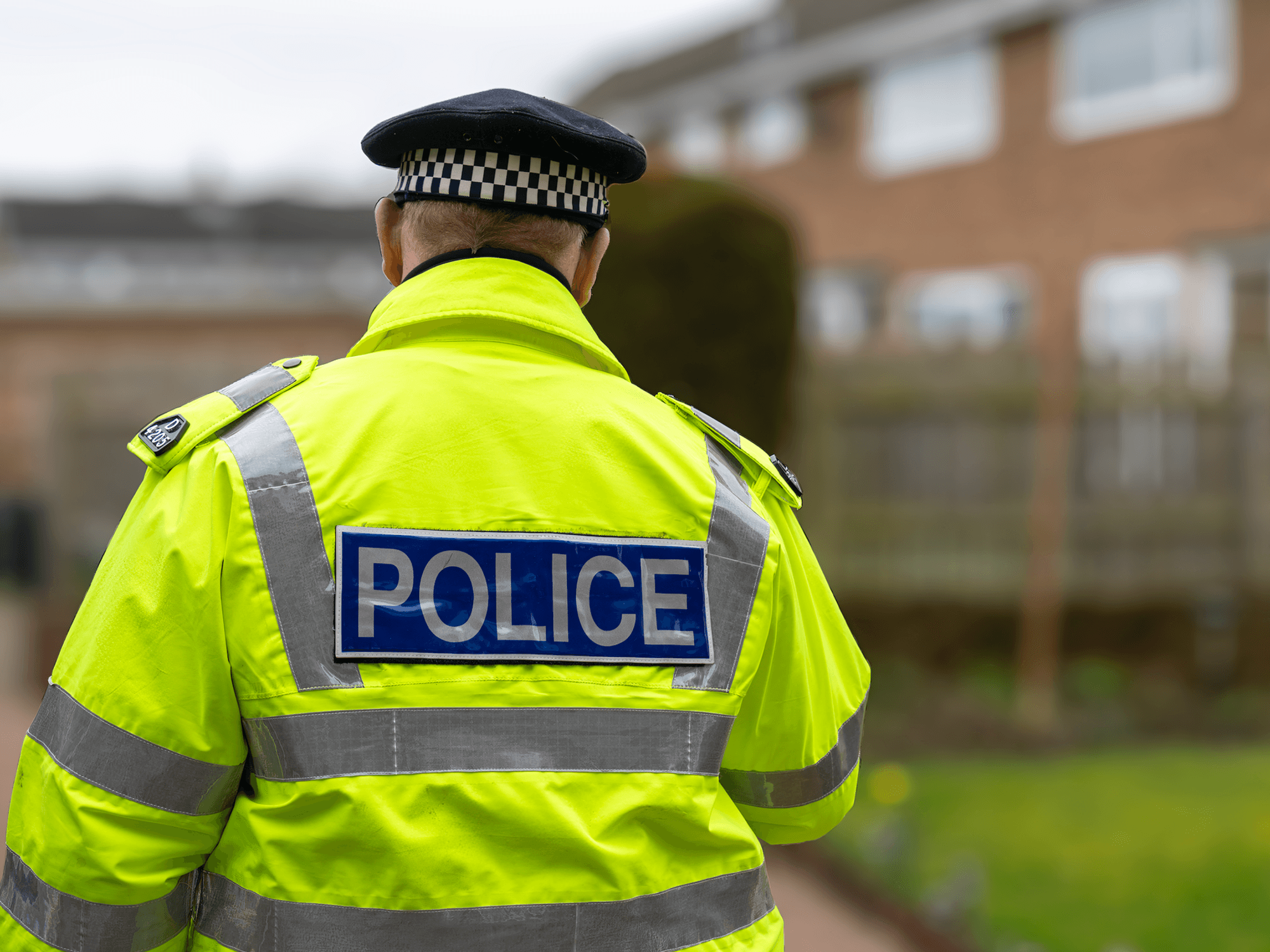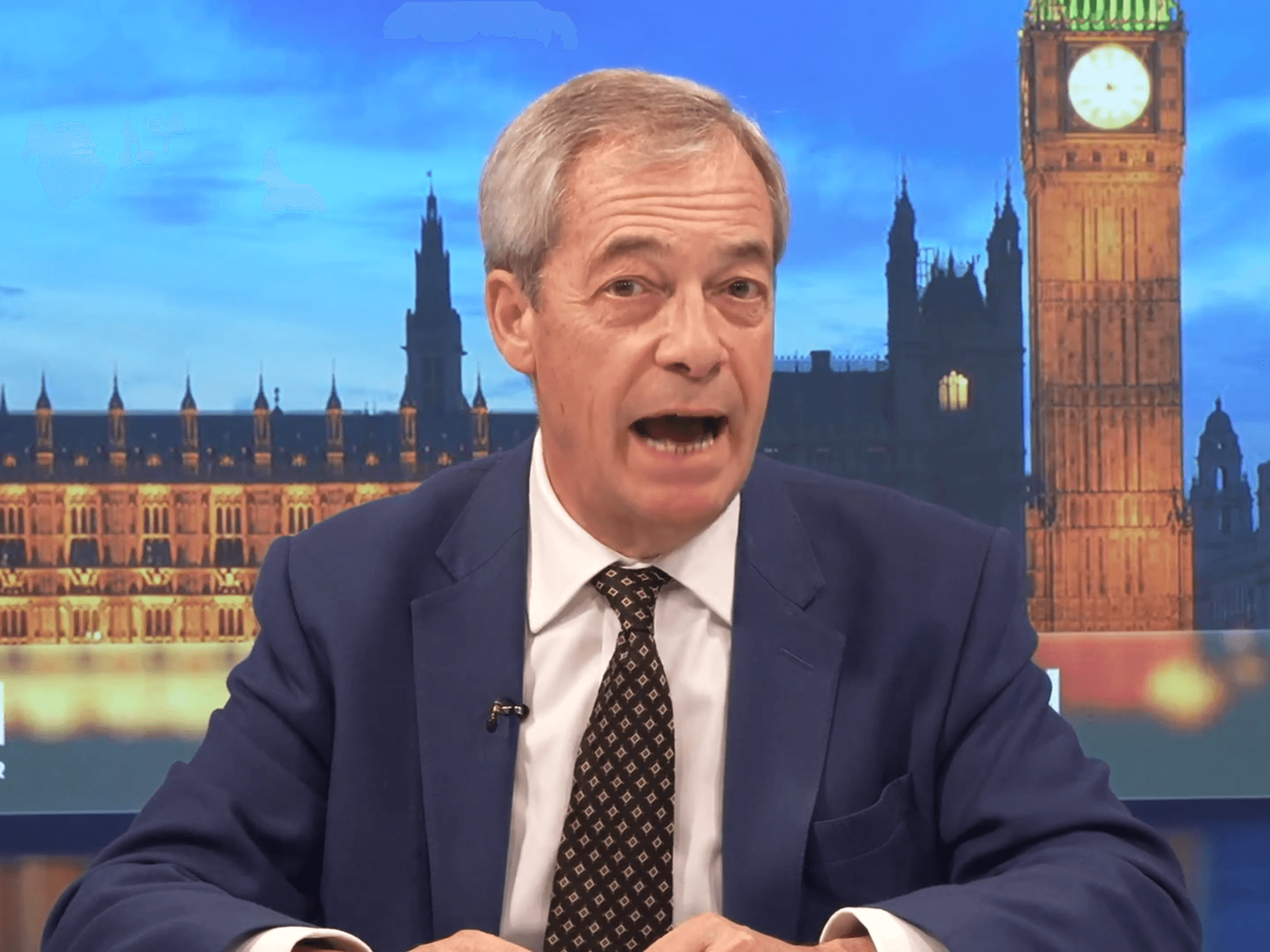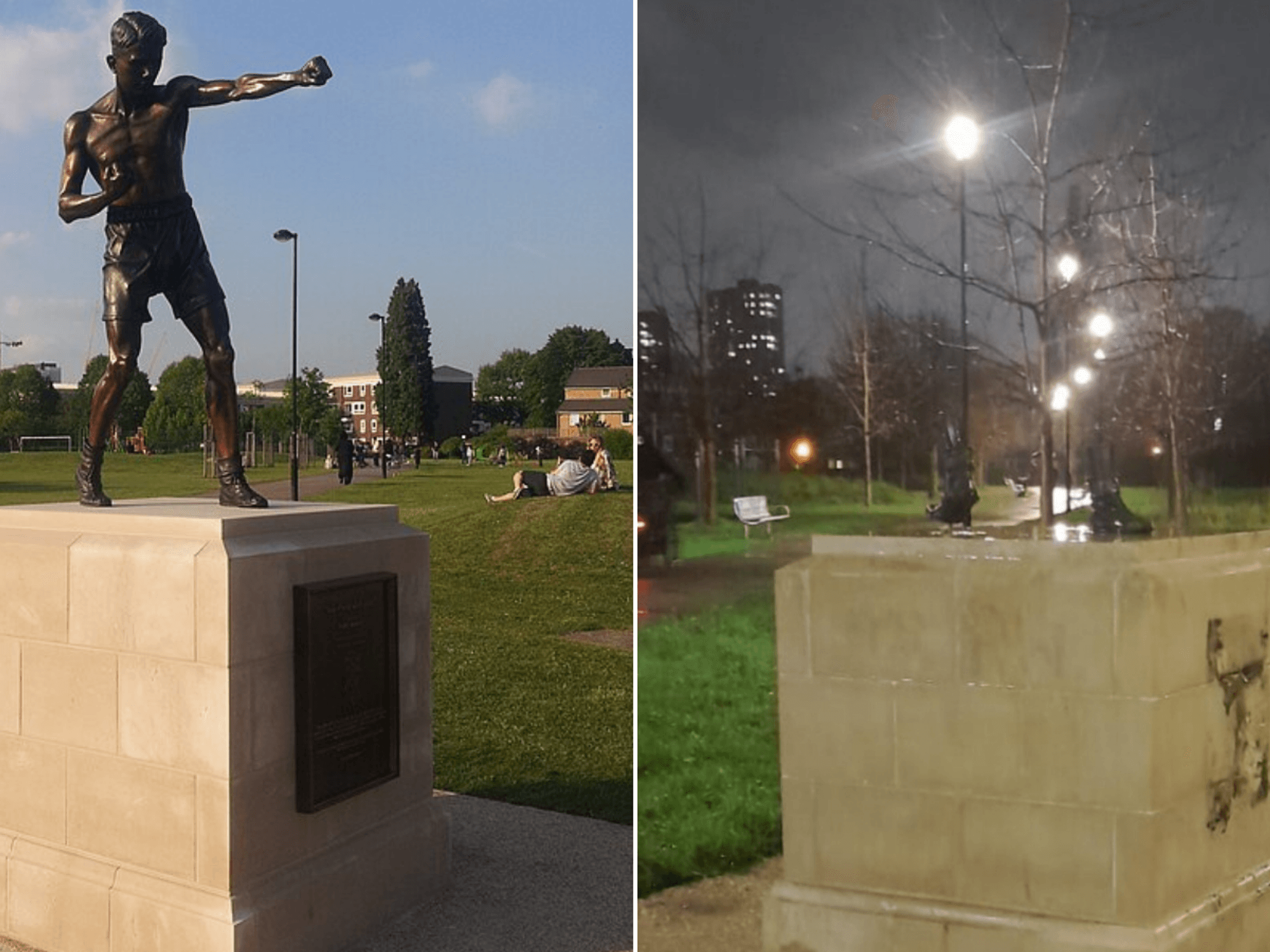Health chiefs blast NHS dementia diagnosis procedures as 'slow, unequal and unfit for purpose'
The director at Alzheimer's Research UK said that 'dementia diagnosis should be a right, not a waiting game'
Don't Miss
Most Read
Latest
New research has exposed a crisis in NHS dementia services, with almost one in four healthcare professionals reporting they cannot deliver optimal care to their patients.
The startling findings have emerged from a survey of more than 160 NHS staff members, including GPs, nurses and occupational therapists.
The study, conducted by Alzheimer's Research UK, also discovered that less than a third of healthcare workers consider existing diagnostic procedures adequate for their intended purpose.
Across the UK, an estimated 982,000 individuals currently live with the memory-robbing condition.

The report revealed medics' disgruntlement with current dementia diagnosis procedures
|GETTY
The research gathered responses from more than 500 individuals affected by dementia, including patients awaiting diagnosis and their carers.
More than one-third of respondents delayed seeking medical assistance for over twelve months.
Following initial GP consultations, 30 per cent obtained their diagnosis within six months, whilst 51 per cent received confirmation within a year.
However, approximately one in five participants endured waits exceeding 24 months before receiving their diagnosis.
The poll revealed that 43 per cent of healthcare professionals felt capable of delivering optimal care, while 23 per cent acknowledged their inability to meet patient needs adequately.
The overwhelming majority of healthcare workers - 91 per cent - have maintained that formal diagnoses provide significant benefits to patients, yet the system fails to deliver these outcomes effectively.
LATEST DEVELOPMENTS:
One family member supporting their mother through the diagnostic process described their anguish, explaining: "My mum is struggling with day-to-day life, and there is nothing we can do about it.
"We can't even officially put a name to it. It's devastating watching what is happening with no answers, no support. We desperately need the reassurance of a diagnosis, so at least we know."
Samantha Benham-Hermetz, who is the executive director at Alzheimer's Research UK, said: "NHS staff working in dementia services do an incredible job in very difficult circumstances, and it's clear they want to provide the very best care for people with dementia and their families.
"But too often, they are being let down by a system that isn't keeping pace with the scale of the challenge."

Alzheimer's Research UK says there are 982,000 people with dementia in the UK
|GETTY
The charity has launched its Dementia Unseen campaign, advocating for specialist referrals within six weeks of GP visits and complete diagnosis with treatment plans within 18 weeks.
Ms Benham-Hermetz said: "Dementia diagnosis should be a right, not a waiting game."
Meanwhile, British patients have started to take part in trials for a groundbreaking Alzheimer's blood test, with 1,100 participants from varied backgrounds expected to provide results within three years.
A Department of Health and Social Care spokesman said: "Through our Plan for Change, we are getting the NHS back on its feet, creating a society where every person with dementia receives high-quality, compassionate care.
"This Government remains committed to increasing diagnosis rates, ensuring people can access any licensed and Nice-recommended treatment and support they need.
"As part of the 10 Year Health Plan, we will deliver the first-ever modern service framework for frailty and dementia, to help address variations in diagnosis rates, while continuing to fund high-quality research into dementia."











